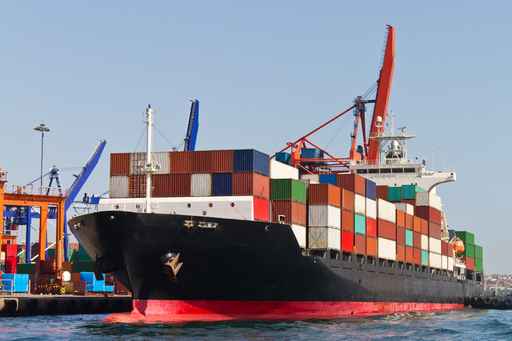The lack of rainfall and high temperatures during the current season have affected the production of legumes, barely meeting domestic demand. The importation of lentils and other legumes common in Spain emerges as the only possible alternative to meet national consumption needs. The production of lentils has plummeted by 37% in the 2017/2018 season, with a forecasted harvest of only 18,300 tons compared to previous seasons, where figures close to 30,000 tons were obtained. These are the data provided by the Agricultural Foreign Office of the United States Department of Agriculture (USDA) on the legume sector in Spain. The main cause of the production decline, according to this agency, is the scarcity of precipitation along with higher than normal average temperatures. Lentil production in Spain barely covers a minimal part of domestic demand, making importation the only viable solution to meet supply needs. Turkey, with its millennia-old tradition in legume cultivation, stands out as one of the main suppliers. These results, well below domestic demand, necessitate lentil importation as a solution for supply, as is the case with other legumes, such as organic chickpeas.
Production and consumption of lentils
Legumes have been part of the human diet for several thousand years. Ancient civilizations in Mesopotamia, around present-day Turkey, cultivated peas, beans, and lentils as early as 8000 BCE. Today, it remains a fundamental crop to combat malnutrition, reduce poverty, improve health, and strengthen sustainability. So much so that FAO declared 2016 as the International Year of Pulses. Although Spain is the top legume producer in the European Union, accounting for 33% of the total in the eurozone, it is also a net importer of lentils and other legumes. According to studies by the Ministry of Agriculture, Food and Fisheries, in 2015 our country imported more than 65,000 tons of lentils, a figure expected to continue rising. The reason is that domestic legume consumption is much higher than in other industrialized countries, where it represents 25% of the diet. Moreover, the cultivated area of legumes has decreased by an average of 7% in the last decade. With the year 2020 as a horizon, the European Union and the UN, through the Food and Agriculture Organization (FAO), work to achieve sustainable agriculture, an area where legumes have much to contribute. This type of cultivation adds nitrogen to the soil, naturally fertilizing it. This translates into reduced chemical fertilizers, less water pollution, and decreased greenhouse gas emissions. Furthermore, if there is a focus on cultivating organic lentils and other legumes, a sector in which we specialize at Bull Importer, the benefits for health and the environment are much greater.
Importing Organic Lentils with Bull Importer
The international trade of lentils has shown a consistently growing trend over the past two decades. The volume of global lentil exports nearly doubled between 2002 and 2012, from one million to approximately two million tons. The largest production of lentils close to Europe is centralized in Asia, specifically in Turkey, where the tradition of cultivating and consuming this legume is ancient. At Bull Importer, we manage the importation of the two most consumed varieties of lentils in Europe. We only work with certified producers of organic lentils from Turkey. If you’re interested in importing lentils, here’s what we offer at Bull Importer:
- Variety: red lentil and brown lentil
- Production: organic (certified by Ecocert and CAERM)
- Origin: Turkey
- Presentation: 25 kg sacks
- Minimum order: 18,000 kg
Contact us regarding conditions for importing other organic crops. We’ll be happy to assist you.




